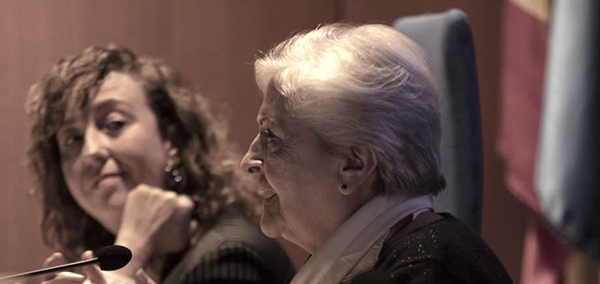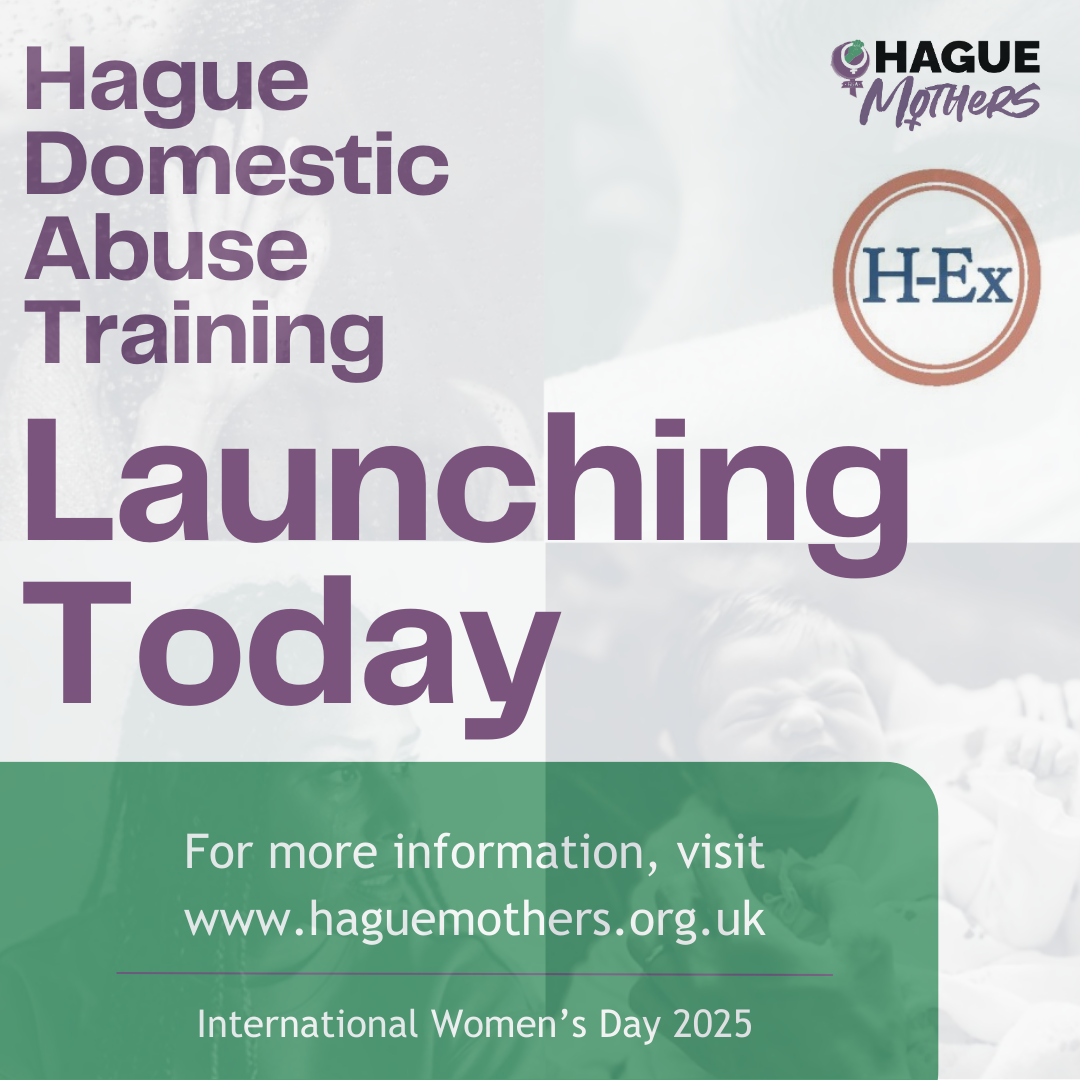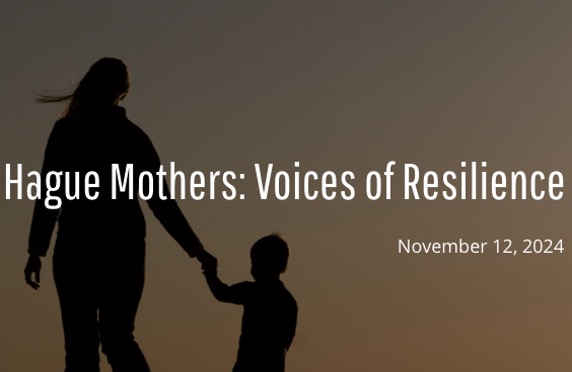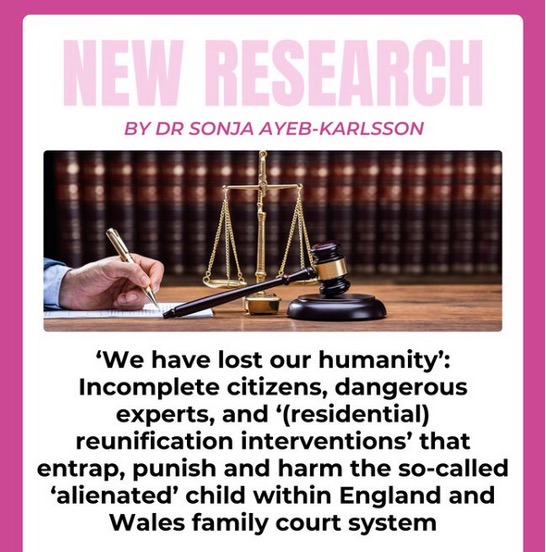Rapporteur of 1980 Convention proposes ‘reinterpretation’ to take account of domestic violence.
In a hugely significant interview for Uruguayan newspaper La Diaria, one of the originators of the treaty Judge Elisa Pérez-Vera told journalist Patrícia Álvares:
“If I had to write it today, I would think that one of the circumstances that judges can take into account when affirming that there is an exception to the return of the child to the place of habitual residence, is precisely the existence of an abuser, of a father who exercises gender violence on the mother, and normally also in a vicarious way, on the abducted child.”
Pérez-Vera also acknowledged the lack of equality of arms for mothers forced to fight for custody in a foreign country, even before court costs are taken in to account:
“Indeed, litigating in one’s own country, before one’s own court, has an extra bonus of advantage over the foreigner. I think xenophobia is latent in many of us, even if we don’t realise it, even if we believe we are not xenophobic, in the end, there is more tendency to believe the national than the foreigner. I think it works at all levels. Not only before a judge but also before the police, before any institution. Let’s think: the national plays at home. It is like football. Playing at home is always an advantage.”
We very much hope that attendees at the Pretoria Forum (June 19-21) which will consider issues of domestic abuse and the Hague Convention, will take account of this thoughtful and important interview. Mothers and children who are victims of abuse need to be safeguarded by the Convention, not further abused.
Our thanks to La Diaria for permission to republish, and to Patrícia Álvares for the original article and the English translation. Patrícia Álvares can be contacted via The Hague Papers website.
Image is shared from the original article.




